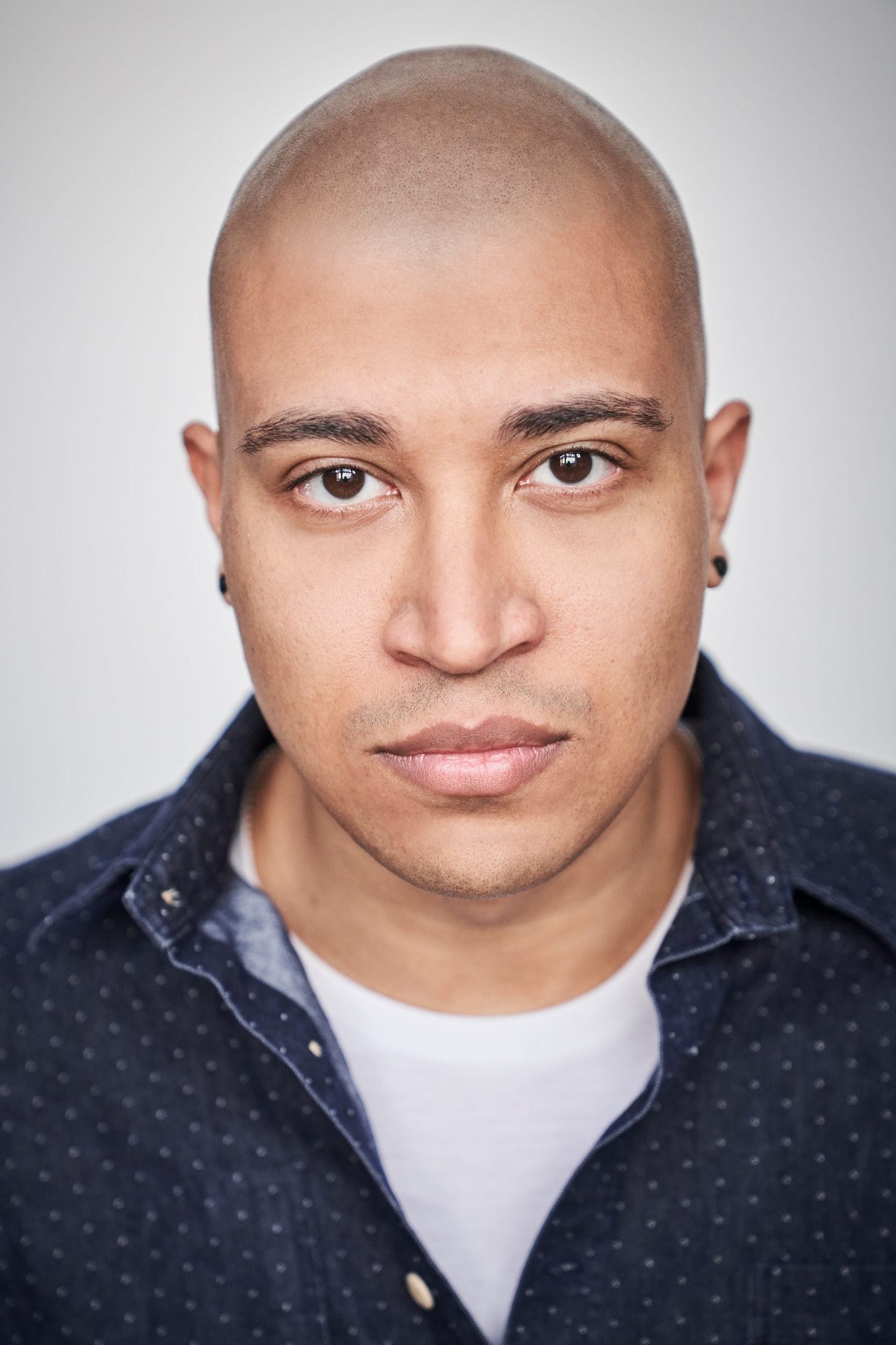Daniel Kidane: “I don’t see why I shouldn’t champion my story”
The composer on assumptions about his music, Eritrean community and tolerance
Hi, welcome back to Mixed Messages! This week I’m speaking to composer Daniel Kidane, who is of Russian and Eritrean heritage. Daniel is one of 40 people in the inaugural year of the PRS Foundation’s POWER UP network, an initiative launched to address anti-Black racism and racial disparities in the music sector. Representing Black talent across the UK, …




